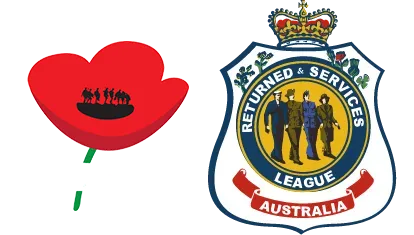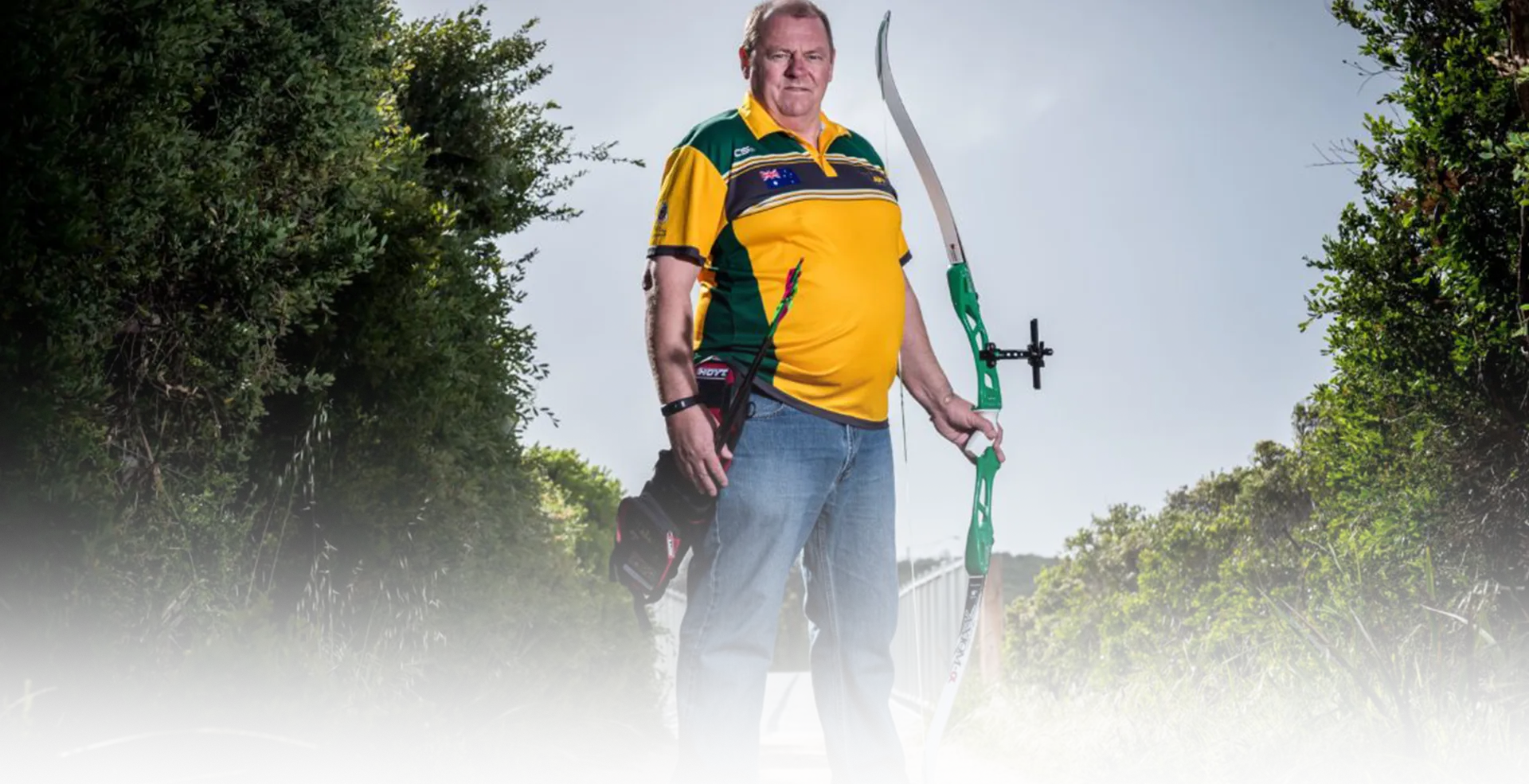
© 2025 RSL Victoria
This donation goes to the RSL General Appeals Patriotic Fund No. B86 and is tax deductible.
Eligible tax-deductible donations have Deductible Gift Recipient (DGR) status with the Australian Tax Office.

His mental decline began with a near-fatal car accident but it was compounded by a cancer battle and the sad roll call of names lost to the war on terror.
Mr Hayes signed up to serve in 1987 for a role that would see him posted across Australia, Malaysia and the US before he eventually found himself on the ground as part of the contemporary campaign across the arid ranges of Afghanistan.
An aircraft life support fitter, Mr Hayes was charged with securing the parachutes and life rafts, ensuring air crews had the support they needed if things went awry.
“Working in Afghanistan is what we trained for,” Mr Hayes said. “But we were over there at a time when Australia experienced its heaviest losses. We got sick of seeing the flag at half mast. Sometimes it was the bloke you were only sitting and having a smoke with three days earlier. You can go through all the physical training, that’s not the issue, it’s the mental part that becomes difficult,” he said.
“Even when you came back and had a psychological evaluation, you didn’t dare tell the truth in case you were pushed out."
Mr Hayes said like so many others, he learned to carry the mental burden along with the unspoken physical injuries.
“If you buggered your shoulder or your knee you just didn’t tell anybody. And mentally, if you were not sleeping at night or drinking more than ever or withdrawing socially - you just didn’t mention it because you didn’t want to lose your position.”
But for Mr Hayes it was the 1995 car smash - years earlier - that would set him on the path of decline.
His wife had been driving along an open road when she lost control. The car rolled several times and Mr Hayes was speared by a tree branch.His son who was also in the car almost lost his arm.
Years later, after his Afghanistan tour, Mr Hayes was diagnosed with renal cell carcinoma for which he required surgery. But during the operation he sustained nerve damage and, as a result, faced months in recovery. And so the spiral continued.
“I didn’t leave the house,” he said. “I didn’t work for five months. It’s those moments that can trigger PTSD. Things come back and haunt you.”
He was also forced to contend with ankle and shoulder pain and lower back issues. He suffered mini strokes and developed chronic nerve pain. When Mr Hayes was medically discharged he found himself more disillusioned than ever.
“It was 28 years of my life and it was over like that,” he said.
“You are not allowed to work again, pushed out the gate, gone.”
He didn’t know it yet but it would be his involvement with a local RSL group - and his subsequent participation in the Invictus Games in 2018 that would help him regain some normality.
Now the President of the RSL at Woorinen, in Victoria’s North-West, he has established and runs an Anzac Day dawn service for the last three years.
“It really gave me something to focus on, something to get into,” he said.
Funding from the RSL also helped ensure he could participate in the archery competition at the Invictus Games last year. He says the experience was life changing.
“It really provided a pathway out of something you think you can’t fight," Mr Hayes said.
- Stephen Hayes
“Suzanne has been a guardian Angel to me, I honestly don’t know what I would’ve done without her.”
Read full story.
“I didn’t feel like I knew where I was supposed to exist in the world. The RSL really helped me with that.”
Watch full story.
“I was surrounded by people who had been through similar experiences… I am thankful for that support.”
Read full story.
“I love seeing veterans come out of those challenges with hope, with determination, and capacity to sustain themselves.”
Watch full story.
“I don’t use the word ‘hate’. It can be all too consuming and I’m not going to let that eat away at me.”
Read full story.
“The Poppy Appeal supports ex-defence servicepeople physically, mentally, financially – and gives them hope.”
Watch full story.
“When you’re in the military, it’s not just a job. You have your community… and when you leave, and that door closes behind you, it can be very isolating.”
Watch full story.
“Transitioning out of the navy was horrible. If it wasn’t for the RSL, we would’ve lost our house, and me, my wife, and our three kids would’ve been living out the back of a car.”
Watch full story.

© 2025 RSL Victoria
This donation goes to the RSL General Appeals Patriotic Fund No. B86 and is tax deductible.
Eligible tax-deductible donations have Deductible Gift Recipient (DGR) status with the Australian Tax Office.